Acne scars can be a persistent reminder of past breakouts, but there are several effective treatments and strategies to help reduce their appearance quickly. Here’s a comprehensive guide to tackling acne scars.
Other Topics You Might Like
Helpful Products You Might Like
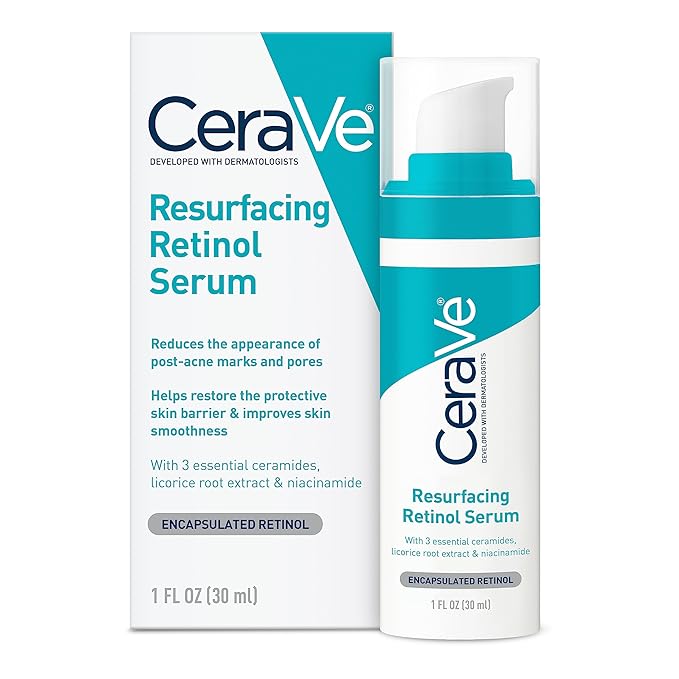
CeraVe Retinol Serum for Acne Marks
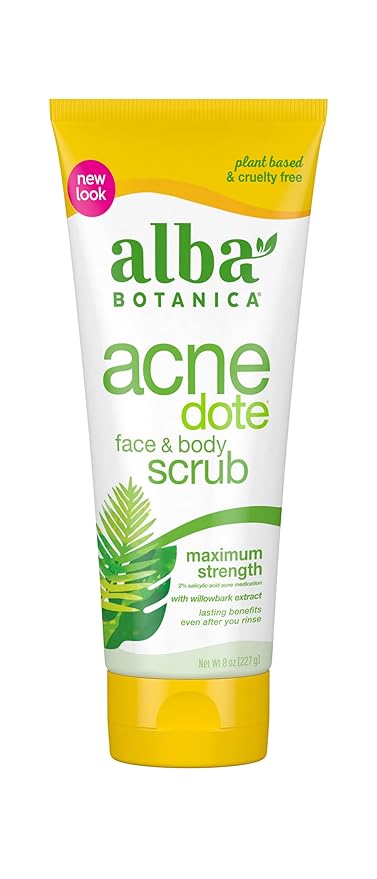
Alba Botanica Acne Scrub
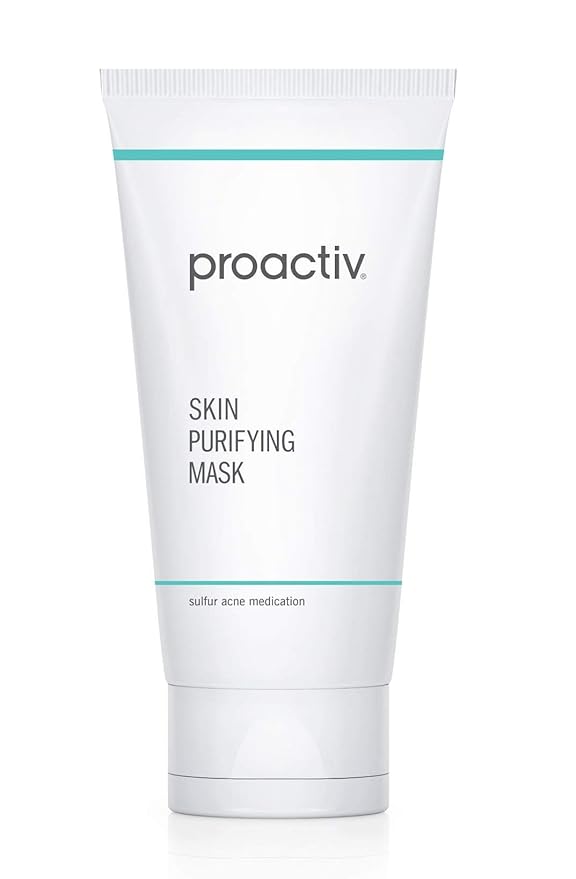
Proactiv Skin Purifying Acne Face Mask
"(Paid Links)" 
Topical Treatments
Over-the-counter products containing ingredients like retinoids, vitamin C, and alpha hydroxy acids (AHAs) can help fade acne scars. Retinoids promote skin cell turnover, while vitamin C brightens and evens out skin tone. AHAs exfoliate the skin, reducing the appearance of scars.
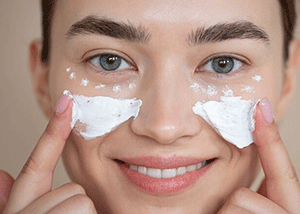
Chemical Peels
Chemical peels, performed by dermatologists or licensed estheticians, use acids to exfoliate the skin and improve its texture. They can help reduce the appearance of acne scars by removing the top layer of skin and stimulating collagen production.
Microdermabrasion
This procedure involves using a specialized device to gently exfoliate the skin’s surface. Microdermabrasion can improve the texture and appearance of acne scars by promoting the growth of new, healthy skin cells.
Laser Therapy
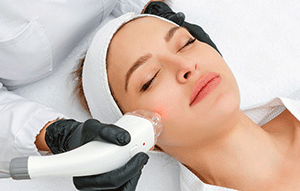
Laser treatments target the deeper layers of the skin to stimulate collagen production and reduce the appearance of acne scars. Fractional laser therapy and pulsed dye lasers are commonly used for scar treatment. Consult a dermatologist to determine the best laser treatment for your skin type and scar severity.
Dermal Fillers
For deeper acne scars, dermal fillers can be injected into the skin to raise the scar tissue to the level of the surrounding skin. This treatment provides immediate improvement in the appearance of scars but may need to be repeated periodically.
Microneedling
This procedure involves using fine needles to create micro-injuries in the skin, stimulating collagen and elastin production. Microneedling can improve the texture and appearance of acne scars by encouraging the skin to repair itself.
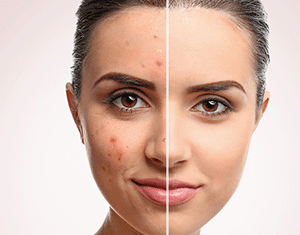
Sun Protection
Protecting your skin from the sun is crucial when treating acne scars. Sun exposure can darken scars and make them more noticeable. Use a broad-spectrum sunscreen with an SPF of 30 or higher daily, even when it’s cloudy.
Home Remedies
Some natural remedies, like aloe vera, honey, and green tea, are known for their soothing and healing properties. While these may not provide dramatic results, they can be beneficial in complementing other treatments.

Consistent Skincare Routine
Maintaining a regular skincare routine can help prevent new acne scars from forming. Cleanse your skin twice daily, use non-comedogenic products, and incorporate exfoliation to keep your skin smooth and clear.
Consult a Dermatologist
If over-the-counter treatments and home remedies don’t provide the results you’re looking for, consulting a dermatologist can help. They can recommend professional treatments tailored to your specific skin type and scar severity.
While it may not be possible to completely erase acne scars quickly, a combination of these treatments and strategies can significantly improve their appearance. Consistency and patience are key to achieving the best results.
